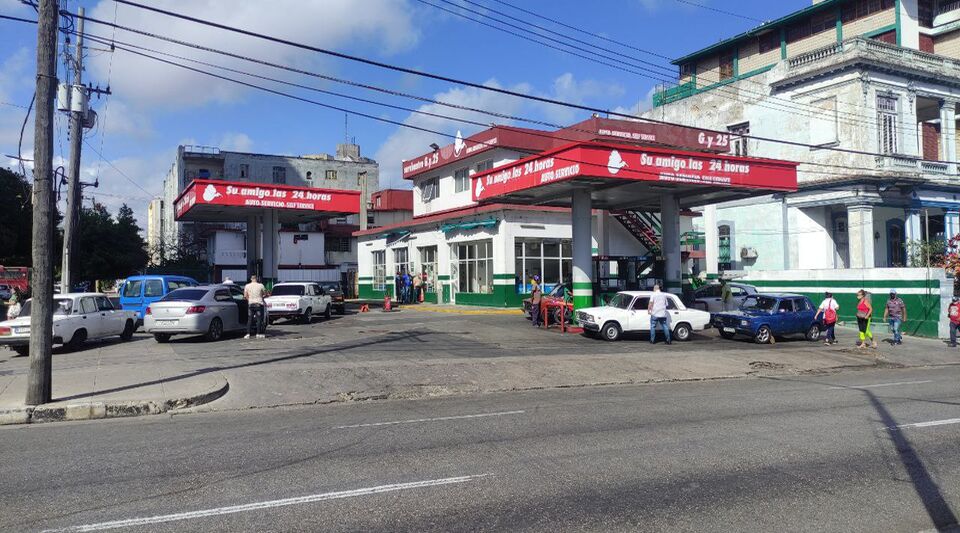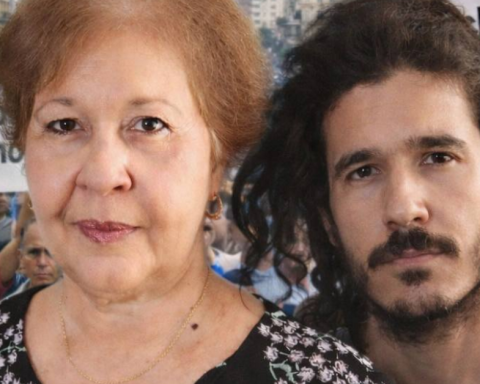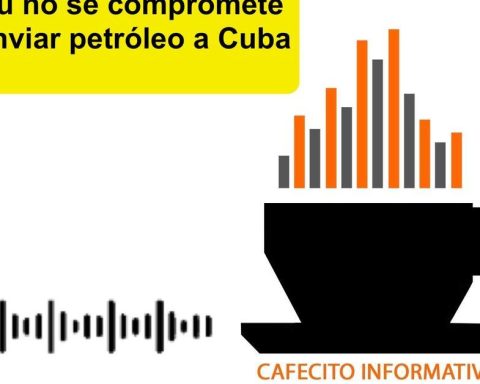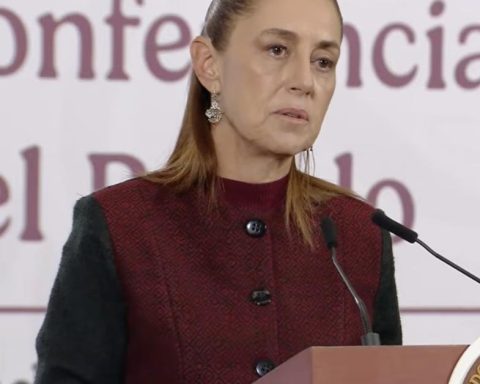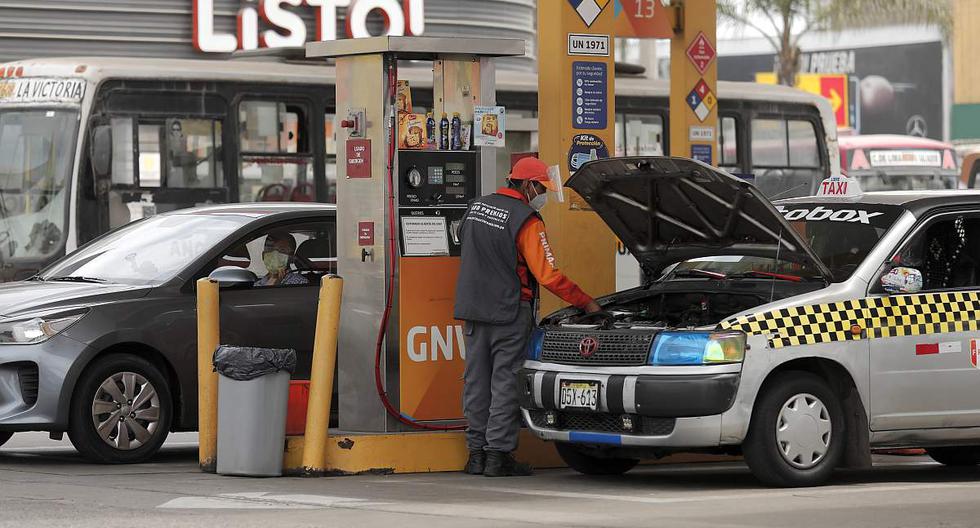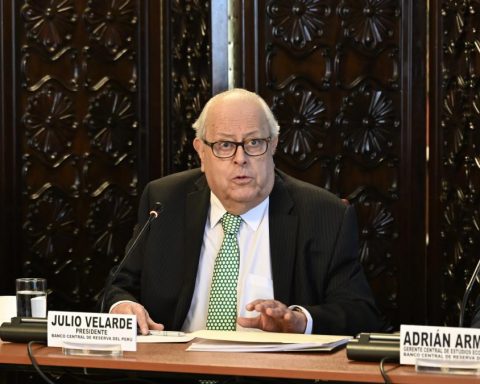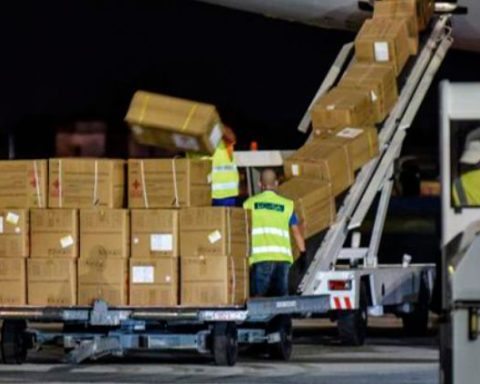Cuba has imported some 22,000 barrels per day (bpd) of crude oil and fuel from Venezuela in the first quarter, according to Reuters data, which warns of a “battle” on the island to cover the deficit.
Although at the moment no anomaly is perceived at Cuban gas stations, the agency recalls that Cuba needs around 100,000 bpd on average to cover national demand, of which, until now, it obtained around 70,000 from imports. almost a third of them from Venezuela. The rest is acquired mainly from Algeria and, to a lesser extent, from Russia, Italy and the United Kingdom, according to a report from neighborhood journalism.
On average, the Venezuelan state-owned PDVSA has provided Cuba with some 60,000 bpd since 2019, when the crisis was already serious in Caracas due to US sanctions. But in 2020 the amount was reduced to 44,000 bpd and in 2021 to only 21,000 bpd. In the first three months of this year, the burden has increased slightly and the outlook does not look good for the country, although Washington is open to negotiating the relief of some measures to Venezuela as long as it meets some demands on human rights issues. , according to the White House.
Although at the moment no anomaly is perceived at Cuban gas stations, the agency recalls that Cuba needs around 100,000 bpd on average to cover national demand
Officials from the Biden Administration negotiated last month with the Venezuelan side to explore this option so that the South American country increases fuel production, now that sanctions against Russia make it scarce on the international market.
That is the second variable that, according to Reuters, seems complicated for Cuba. The island fundamentally acquires oil in exchange for doctors, within the framework of agreements signed between Fidel Castro and Hugo Chávez in 1999 –in 2016 it brought 100,000 bpd– but for Havana it is almost impossible to buy fuel at market prices in other latitudes, Especially now that prices are through the roof. The Texas Barrelthe reference price in the US, is trading at 102.8 dollars, 53% higher than last year.
According to the Cuban Minister of Energy, Liván Arronte, the US embargo forces Cuba to pay freight rates and other costs that are 20% higher than for other importers in the area.
It is estimated that Cuba can produce 22 million barrels a year and, according to the official press, the program is being fulfilled, but the amount is very small compared to what the Island needs for its economy and domestic consumption.
“Cuban refineries are not 100% operational. The Havana refinery, the only facility with a catalytic cracker, is operating at around 70% of its capacity, while the Cienfuegos refinery sporadically runs runs of 10,000 bpd and that of Santiago is not in service,” said Cuban energy expert at the University of Texas, Jorge Piñon.
The Island needs the fuel to produce electricity and, although to date, the greatest energy problems of this type have been attributed to failures and breakdowns of thermoelectric plants, the lack of oil threatens the national electricity system
In the service center of G and 25, in Vedado, Havana, the situation was normal this Wednesday. Few people in the queue were refueling as if nothing was happening. A short distance away, on the Tángana, a tanker truck refilled the tanks.
The situation is very different from the one that occurred two weeks ago, when problems at the Antonio Guiteras and Máximo Gómez thermoelectric plants pushed the authorities to restrict the amount of diesel and gasoline that could be dispensed to guarantee public transport and generator sets, according to what they said at the time.
The alarm spread among the population, who for weeks have been hearing rumors about a possible sale of fuel in foreign currency -denied to date by the authorities- who went to gas stations en masse causing queues of up to eight hours due to a peak in demand that exceeded by 65% compared to previous weeks.
The situation, according to the state oil company Cupet, has stabilized with the return of thermoelectric plants to the national system, but the company did not close the door to short-term problems.
________________________
Collaborate with our work:
The team of 14ymedio is committed to doing serious journalism that reflects the reality of deep Cuba. Thank you for joining us on this long road. We invite you to continue supporting us, but this time becoming a member of our newspaper. Together we can continue transforming journalism in Cuba.
